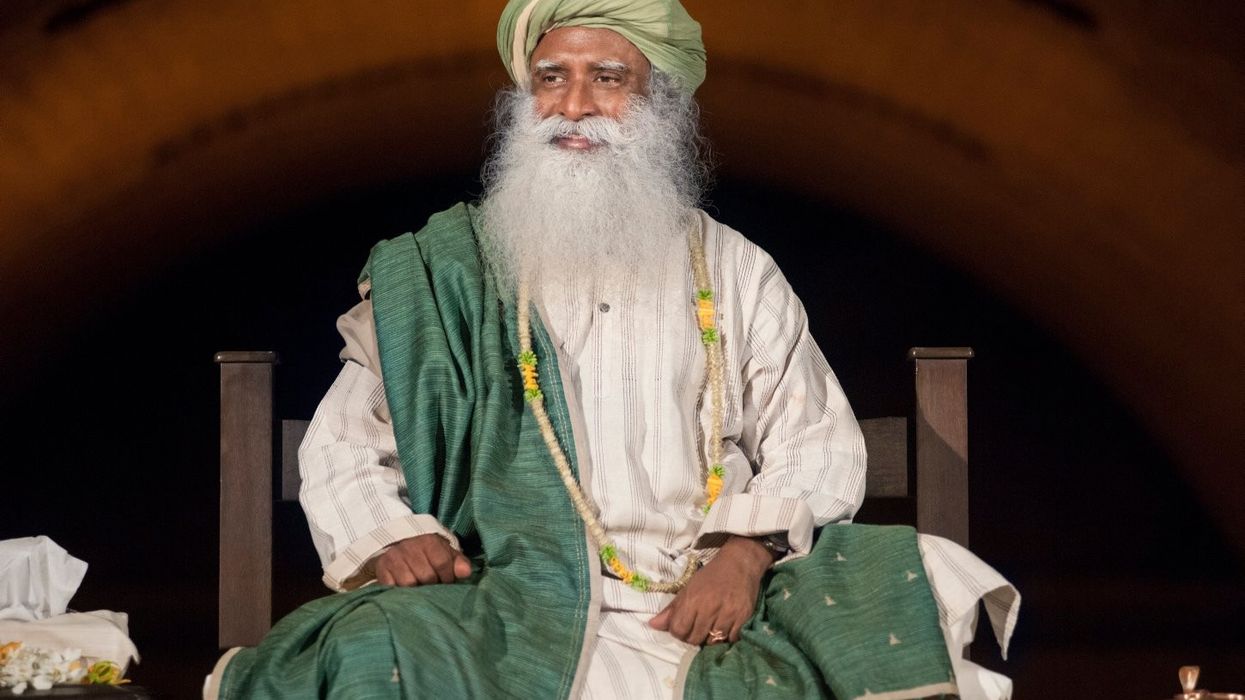by LAUREN CODLING
“IMMEDIATE” action is needed to protect ethnic minority communities ahead of a potential second Covid-19 wave, a Labour party task force said on Monday (17), as an inquiry described the impact of the virus on people from a BAME background as an “urgent medical emergency”.
The task force released a 42-page report with key findings from the experience of families who lost loved ones during the crisis. It said the impact on BAME (Black, Asian and minority ethnic) communities was “avoidable”.
Addressing reporters on Monday morning, Labour MP and West Midlands metro mayor candidate Liam Byrne urged the government to “act now, in order to keep our communities safe ahead of a second wave”. “We can see in our region that the infection rate is increasing once again, and we are not satisfied we have the protections in place today to stop another disproportionate impact on our BAME communities,” Byrne said. “This is going to happen again, unless you act on the recommendations now.”
According to the researchers, people of Bangladeshi and Pakistani origin were about three times more likely to die from Covid-19 as the rest of the population. For black people, the fatality risk factor is over four times.
Last weekend, figures showed that new coronavirus infections have more than doubled in a week in Birmingham. Data revealed that the weekly number rose from 13.8 per 100,000 people to 28.1, with 321 new cases.
Referring to the motivation behind the task force, Byrne said it had been set up “out of anger”. “We believed the government appeared to have swept the issue under the carpet and we were not prepared to watch that happen,” he said.
Key findings highlighted a number of factors which acted as the “perfect storm”, Byrne said. BAME frontline workers reported inadequate PPE, for instance, and a clear strategy on the impact of coronavirus on the BAME community has not been communicated effectively. Data to track the impact of Covid-19 was also unavailable, particularly ethnicity coding in death certificates, according to the task force.
The report has made 35 recommendations, including guidance for ministers, MPs and the NHS and social care system. It has also called for an independent public inquiry into the disproportionate number of BAME Covid fatalities.
Asked if he had faith that the recommendations would be listened to by the government, Byrne admitted he was doubtful. “Our faith is low, that is the truth,” he said. “But our message to ministers is we will be relentless in pursuing our recommendations over the months to come. We think these recommendations are right, they will make a difference and we now expect you to act.”
Labour’s nationwide investigation on BAME communities and Covid 19, headed by the party’s race relations adviser, Baroness Doreen Lawrence, is due to be released in the coming months.
Baroness Lawrence called the findings released on Monday “deeply worrying”. “If we are going to effectively address the disproportionate impact of Covid-19, we must eradicate the systemic inequalities that it thrives on,” she said. “My wider review for Labour will be taking this inquiry’s findings into account. The government will be held to account for its failings and we will not sit by idly, while lives remain at risk.”
The shadow secretary for women and equalities, Marsha de Cordova, said the report had highlighted the structural and racial inequalities which have led to the Covid-19 pandemic hitting BAME communities across the UK so hard. “The government has had repeated warnings, repeated reports, repeated recommendations and yet has still consistently failed to act in a timely manner,” she said.
Along with Byrne, the task force included councillors Paulette Hamilton (Birmingham City Council), Sandra Samuels (Wolverhampton City Council), Aftab Nawaz (Walsall Borough Council), and Mohammed Yaseen Hussain (Sandwell Borough Council); Gurinder Singh Josan (National Executive Committee of the Labour party); and MPs Khalid Mahmood and Taiwo Owatemi.



















